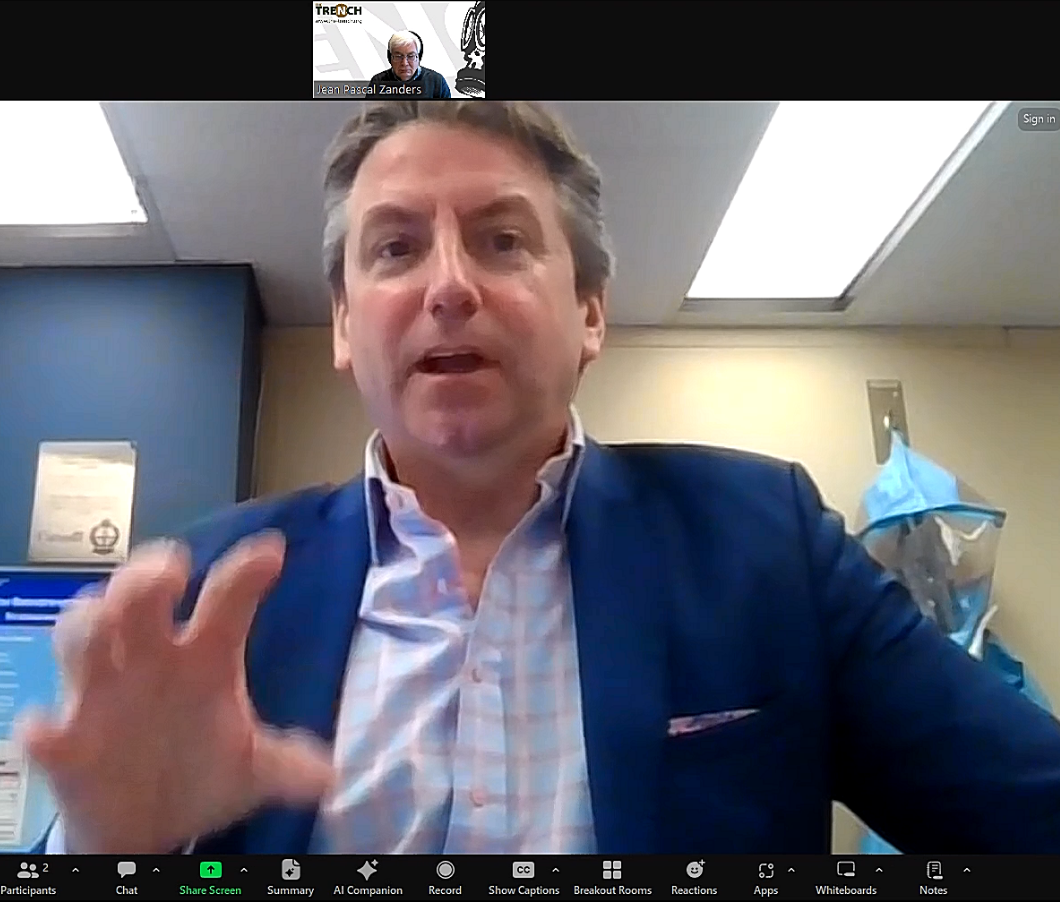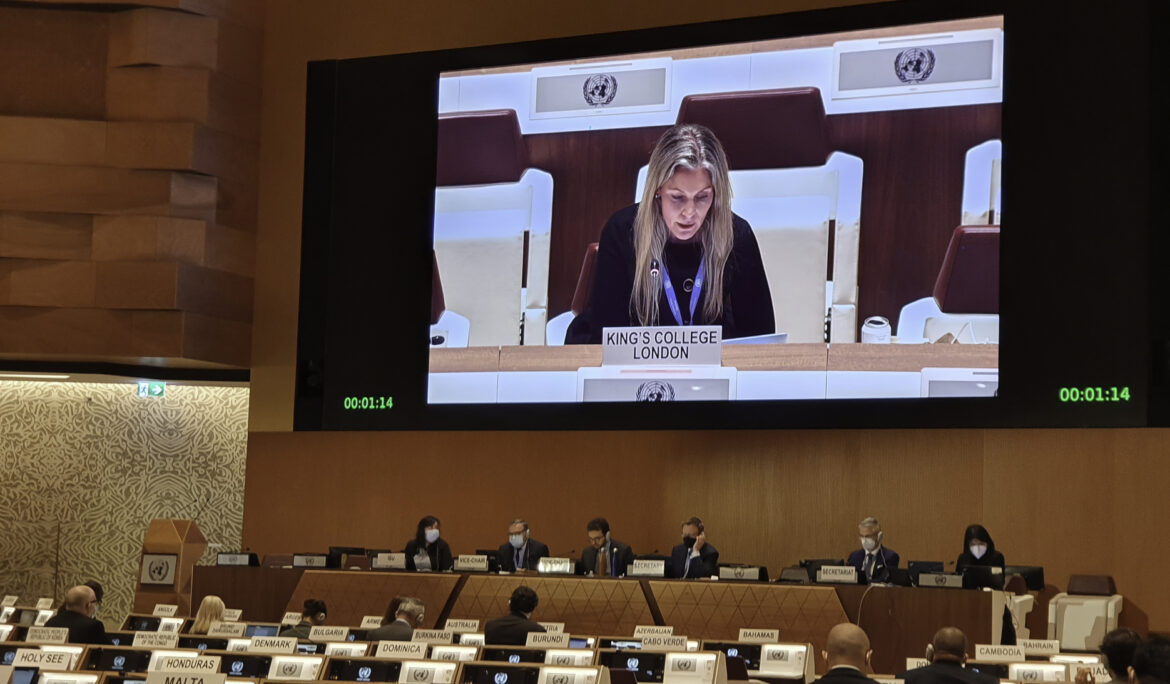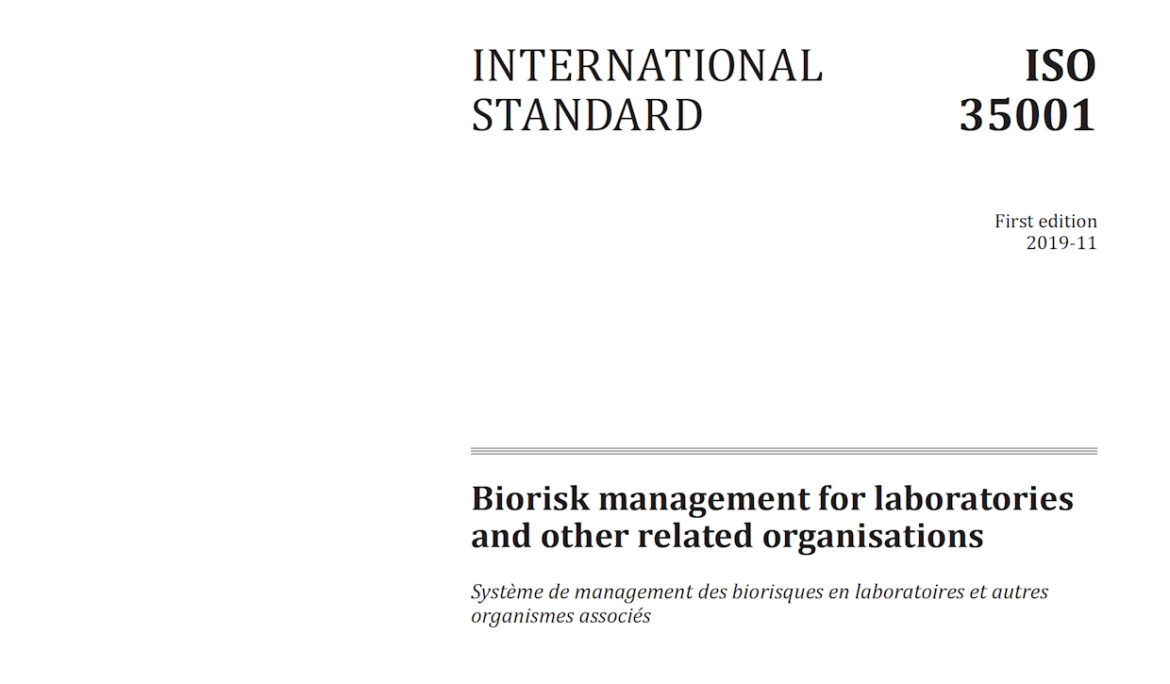Response is failure in the primary mission of preventing CBW
The Global Partnership against the Spread of Materials and Weapons of Mass Destruction has now been around for over two decades. In the wake of the terrorist attacks against the US in September 2001, it started out as an effort to mobilise the resources of the G8 members to prevent terrorist acquisition of nuclear, biological and chemical weapons, and related materials. The weapons, technologies and skills available from the former Soviet Union presented a significant proliferation risk, which the US was already addressing through the Cooperative Threat Reduction (CTR) programme. Now comprising 31 members, the Global Partnership (GP) played a …
Statement to Biological Weapons Convention Preparatory Committee, endorsed by The Trench
Statement to Biological Weapons Convention Preparatory Committee, Geneva 4 April 2022 Presented by Dr Filippa Lentzos, King’s College London Mr Chair, Distinguished Representatives: We condemn Russia’s unprovoked military invasion and its continuing war against Ukraine. We stand with the government and people of Ukraine, and we urge Russia to stop its brutal attacks. We echo the call by the World Health Organization, UNICEF and UNFPA to immediately cease attacks on hospitals, ambulances and medical staff.[1] It is an unacceptable strategy and tactic.[2] Mr Chair, Russia accuses Ukraine of working on biological weapons supported by the United States and other …
Increasing assurance under the BTWC through biorisk management standards
The final report of the 7th Review Conference of the Biological and Toxin Weapons Convention (BTWC) held in December 2011 contained a one-line subparagraph whose ambition came to fruition in December 2019. Under Article IV (on national implementation measures), paragraph 13 opened as follows: The Conference notes the value of national implementation measures, as appropriate, in accordance with the constitutional process of each State Party, to: (a) implement voluntary management standards on biosafety and biosecurity; That single line of new language in the final report was the outcome of a preparatory process that had begun in September 2009 and …
Synthetic biology & biosecurity: How scared should we be?
The link between synthetic biology and heightened biosecurity threats is often exaggerated. In a report published today (22nd May), King’s College London researchers say that in order to produce more refined assessments of the biosecurity threat, we need to understand more clearly what would be achieved by synthetic biology’s goal to ‘make biology easier to engineer’. Synthetic Biology and Biosecurity: How scared should we be? summarises and analyses the discussions from a workshop organised by Dr Catherine Jefferson, Dr Filippa Lentzos and Dr Claire Marris, at King’s in February 2014. Synthetic biology’s aim to make biology easier to engineer has raised concerns …



